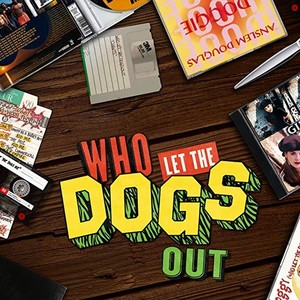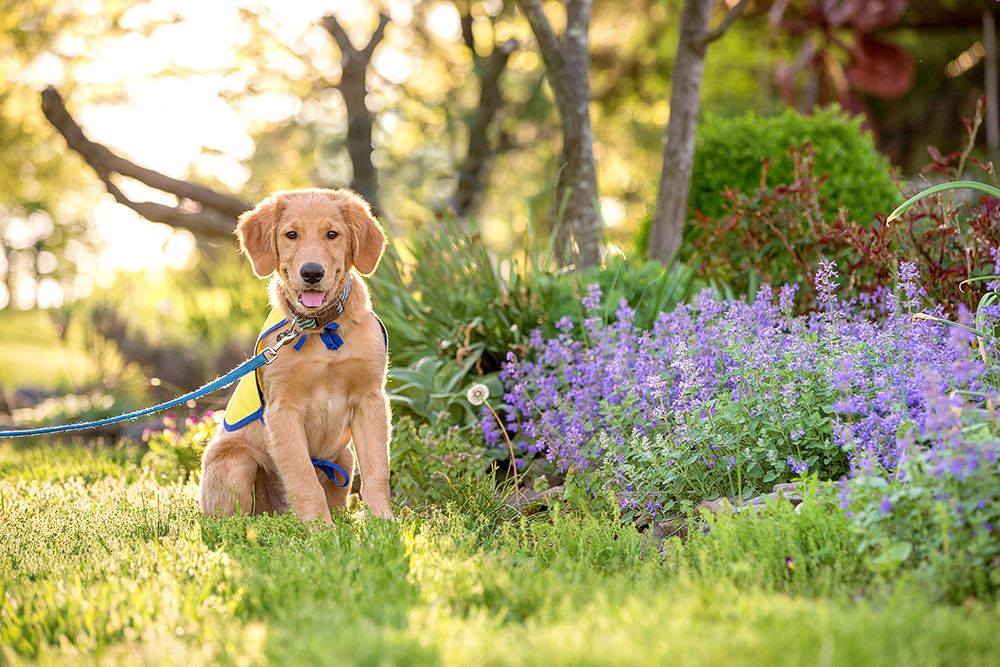Traveling With Your Dog: Tips to Help You Make the Most Out of Your Trip
Almost everyone has been missing traveling with family or friends. For many, the yearly or quarterly trips are always the highlights of the year.
While going on an adventure somewhere far from home may not be an option for many, little road trips to nearby places can be quite fun, especially if you have your best furry friend in tow.
However, not all pups are eager to go on trips. Here are some things to consider if you are thinking of taking a trip with your dog:
Trip Agenda
You may want to narrow down the things you want to do or the places that you want to visit while on vacation. Does your travel plan involve going to a dog-friendly beach, or is it more of a staycation where you spend most of your time at a hotel? Will there be boat rides or does the agenda involve a lot of hiking or trekking?
If your planned trip involves visiting places where your dog is not allowed, you will need to consider bringing a suitable crate, as well as the length of time your pup will be left unattended.
Visiting family and friends? It is always a good idea to let the hosts know that you are bringing your precious pup with you. This will help you and the hosts make the appropriate adjustments in case they have a not-so-friendly dog, a child with pet allergies, or other factors that need to be considered. It also allows you to come prepared for any incidents, such as getting a harness that provides more control or makes it easier to handle your dog if needed, or giving your pup a pre-trip groom to minimize shedding and dander.
While traveling with your pup by your side can be a lot of fun and is a great way to make good memories, sometimes it is better for your dog to stay at home instead. This is especially true for anxious dogs or elderly pets who are unable to go on long car rides.
Your Dog’s Personality, Behavior, and Overall Health
Another important factor to consider is your dog’s behavior towards other people, pets, and new places in general. Going on adventures means your pup will be going into unfamiliar territory. If your dog is not a seasoned traveler, you may want to think of your pup’s typical reaction when being approached by strangers whether human or animal.
Is your dog leash-trained, or does he or she pull you to where the nose leads? Are they crate trained, or will be stressed if kept in a crate for some time? Is your dog toilet-trained to wait for the command before going about his business? Dogs that may have digestive or urinary issues will require special consideration if they are to go on a trip.
There are products that can help alleviate stress for dogs. There are pheromone-based sprays as well as treats that can help reduce anxiety. Sedatives can also be considered if needed.
Travel Gear
Just like planning your OOTD for your travel pics, your dog has travel wear requirements as well. Put a collar on your pup and ensure a tag is attached as well. The tag must have your dog’s name as well as your contact information. Tags are extremely helpful in case of a lost dog. Even if your dog is microchipped, a scanner is not always readily available. That being said, it helps to ensure that the microchip information is up to date.
If you have an excited dog that tends to pull, There are numerous types of harnesses that are quite comfortable and gives you more control.
If traveling to a cold location, a jacket for your dog may be required. There are many all-weather jackets available in the market, as well as thermal vests that are lightweight and great for hiking.
Car harnesses or car seat boosters for dogs are widely available as well. You can select the type that works best with your car as well.
Flying with Your Pup
If your pup is scheduled to travel via air, coordinate with your chosen airline to make sure that you meet all of their requirements for pet travel. Airlines have different requirements for paperwork and crate specifications.
When traveling internationally, keep in mind that each country has different requirements as well. This includes health certificates, vaccines, and/or being put in quarantine upon arrival.
Snacks
Picking the snacks to take on a road trip can be almost as fun as the trip. Unlike us humans, our pooches may not do so well at being adventurous eaters. Make sure to bring food that your dog typically eats for his meals. Shelf-stable foods such as kibble, air-dried, or freeze-dried food are great for camping or long drives. There are also single-serve trays that are conveniently portioned for light snacks or meals for small-breed dogs.
Store your dog’s meals and snacks in air-tight containers to keep them fresh and away from ants and other animals that the food’s scent may attract. For more handy food storage tips, read our article on the benefits of storage containers.
While packing your pooch’s own food is ideal, as pet parents, we know that resisting those puppy dog eyes can be quite challenging. Some of the foods we eat are safe and sometimes good for our pups as well. Read more about this topic in our guide to what your dog can and can’t eat.
Alternative Options
If your dog is not ready to go on your upcoming trip with you, there are many options you can take to help minimize stress for both you and your pet.
You can have a family member look after your pup at your home, or take him or her to the family member’s home. Discuss provisions and other details with your relative to help make your pet’s stay enjoyable for him and his hosts. This includes bringing your dog’s food, treats, toys, bed, or other stress relievers if you have an anxious pup.
Having a trusted pet sitter can also help tremendously. Your precious pup gets to stay in the comfort of his home and won’t need to go on a car ride. Depending on your area, there are pet-sitting apps and websites that can help you get started on the search for a sitter. You can also ask friends and family for recommendations.
Another option is dropping your pet off at a pet hotel or kennel. Some vet clinics offer boarding services as well. Pet hotels typically offer various lodging options ranging from basic kennels to luxurious pet rooms.
Whether you opt to take your pup with you or not, we hope that these tips have made it easier for you to enjoy your trip, and for your pup to be comfortable and happy on the road or at home.





